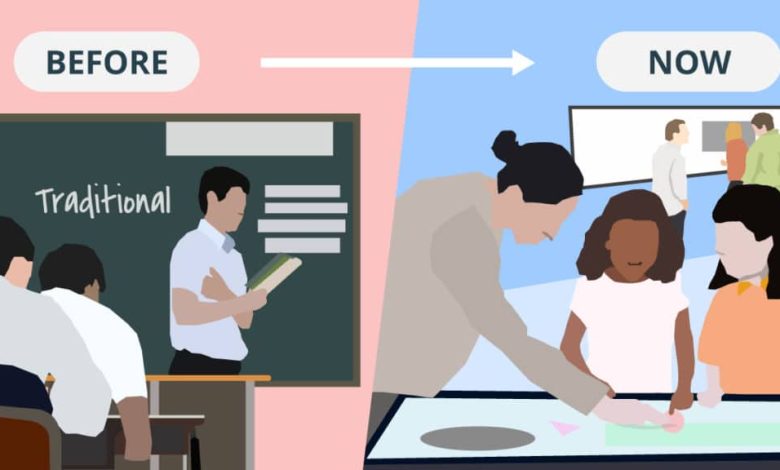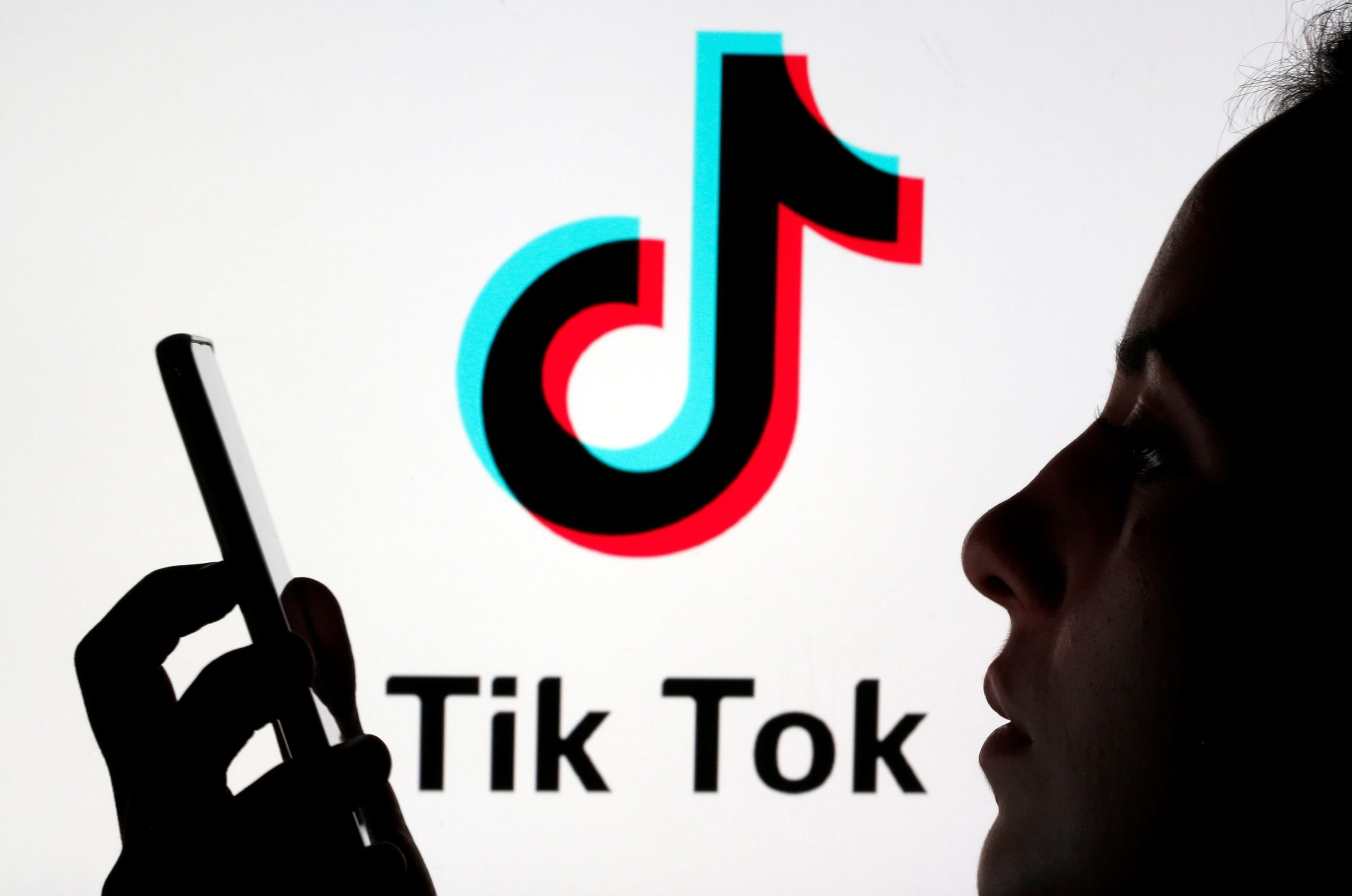
Is Traditional Education Still Relevant in the 21st Century?
When we think of education, most of us think about classrooms, teachers, blackboards, and long lectures. That’s the system many of us grew up with—and it’s shaped our understanding of learning. But in today’s fast-paced, tech-driven world, it’s only fair to ask: is this traditional way of learning still useful? Or has it become outdated?
Why Traditional Education Still Matters
To be honest, traditional education does have its strengths. It gives structure, especially to children and young people who need a routine. Schools teach us more than just academic knowledge—they give us a place to make friends, learn discipline, and understand how to work with others. And in many fields like medicine, law, or engineering, a formal degree is still essential.
There’s also something comforting about a classroom environment. Having a teacher to guide you, ask questions face-to-face, and discuss ideas with classmates is an experience, online platform can’t fully replace.
But There Are Problems Too
The system isn’t perfect. A lot of what we learn in school doesn’t really prepare us for the real world. Many of us have memorized pages of information for exams, only to forget it right after the exam. There’s not enough focus on creativity, practical knowledge, or emotional well-being. Subjects like mental health, financial literacy, or communication skills are often ignored completely.
Plus, in a world where technology changes everything overnight, education systems are struggling to keep up. While industries demand new skills—like coding, design, digital marketing, or data analysis—many institutions are still teaching the same old curriculum from years ago.
Learning Is Changing
Thanks to the internet, learning is no longer limited to the classroom. Today, you can sit in your room and take a course from a top university abroad. Platforms like YouTube, Coursera, and Udemy make learning flexible, affordable, and personalized. Some people are even building successful careers just by learning online—without a college degree.
Even companies are starting to focus more on skills than on qualifications. It shows that how well you do something matters more than where you learned it from.
So, What’s the Way Forward?
It doesn’t have to be a choice between traditional and modern education. The best approach might be to combine the two. Schools and colleges can start updating their methods—by using digital tools, encouraging hands-on learning, and focusing on skills that actually matter in today’s world.
Final Thoughts
Traditional education still has value, but it can’t remain stuck in the past. If it wants to stay relevant, it needs to evolve with the times. After all, learning is not just about passing exams—it’s about growing as a person and being ready for whatever the world throws at you.










